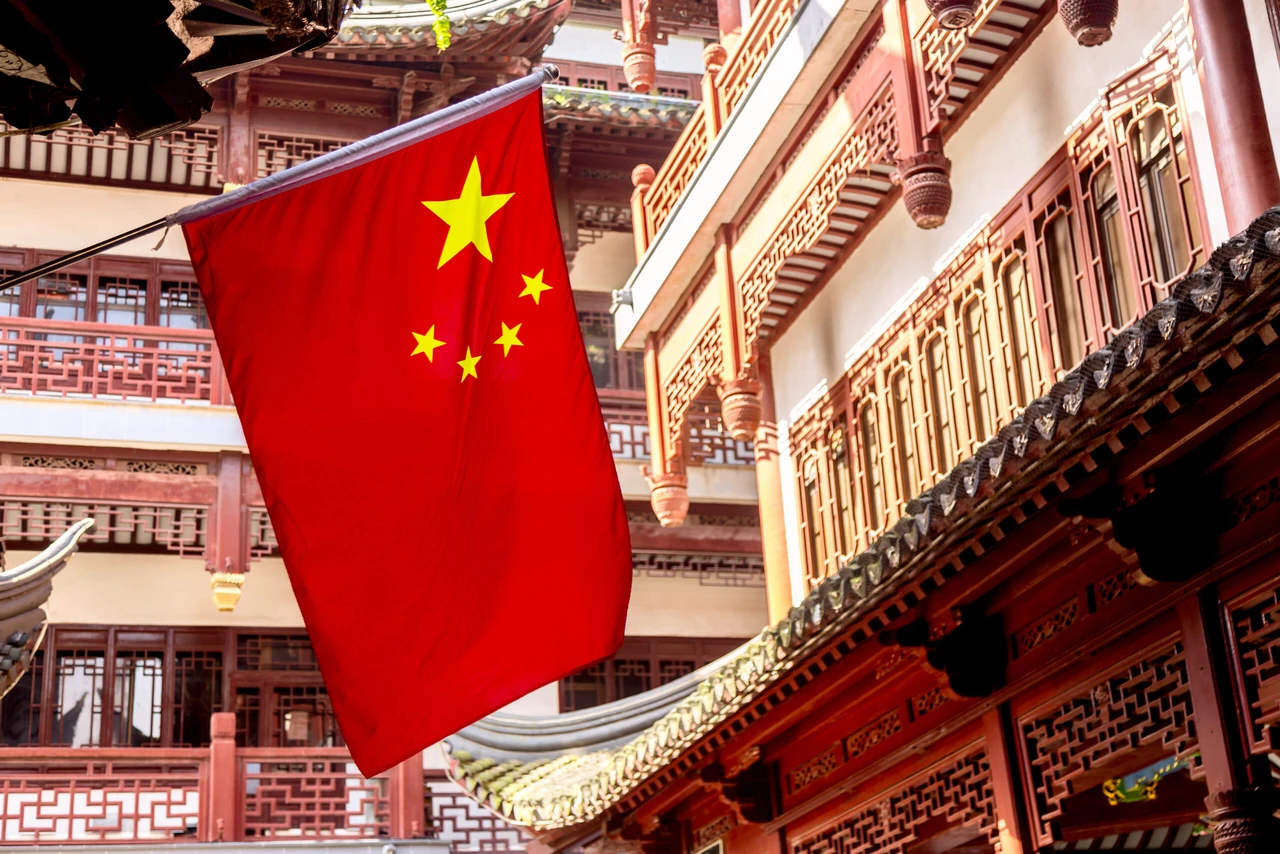Canada faces growing foreign interference threats ahead of 2025 elections
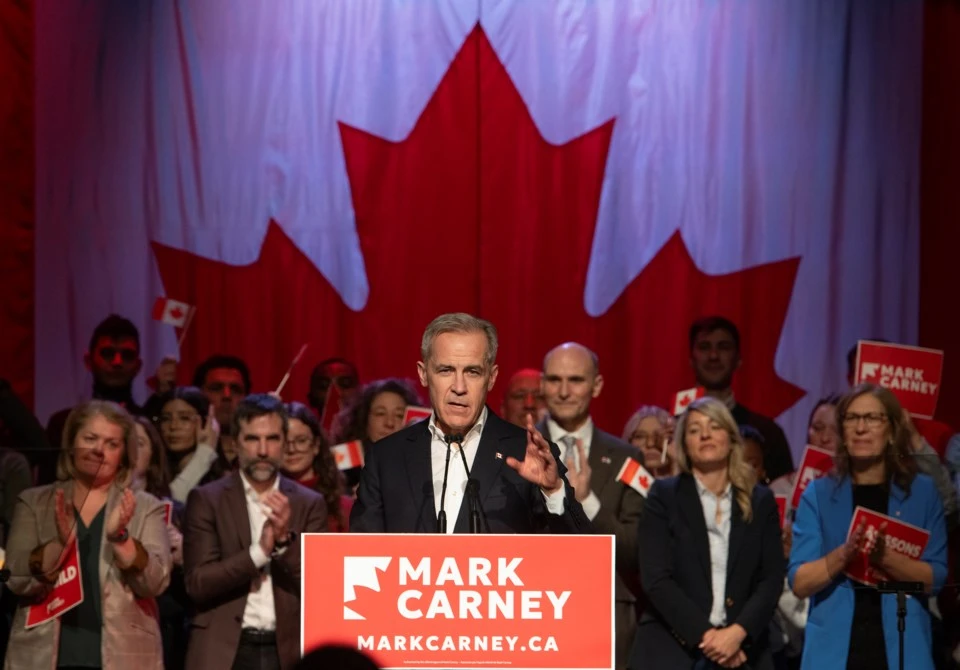 Canada's Liberal Party leadership candidate Mark Carney addresses supporters in Montreal, Canada on March 6, 2025. (Courtesy of MidlandToday)
Canada's Liberal Party leadership candidate Mark Carney addresses supporters in Montreal, Canada on March 6, 2025. (Courtesy of MidlandToday)
Disinformation poses the “single biggest risk” to Canadian democracy, according to a public inquiry examining foreign interference, as the country prepares for federal elections later in 2025.
The Foreign Interference Commission’s final report, released in January 2025, investigated the impact of foreign actors on Canada’s 2019 and 2021 federal elections, finding that while democratic institutions remain resilient nationally, the gradual erosion of public confidence presents a serious concern.
“Information manipulation (whether foreign or not) poses the single biggest risk to our democracy. It is an existential threat,” warned Justice Marie-Josée Hogue, commissioner of the public inquiry.
The commission’s investigation revealed that while foreign interference had minimal impact on previous national election outcomes, it may have influenced results in smaller electoral districts. More concerning is the persistent nature of these campaigns, designed to create long-term uncertainty and distrust in democratic processes.
China identified as primary threat
The report identifies China as “the most active perpetrator of state-based foreign interference targeting Canada’s democratic institutions,” operating in a “party agnostic” manner that prioritizes Chinese interests over allegiance to any particular Canadian political party.
As recently as February 2025, Canada’s Security and Intelligence Threats to Elections Task Force linked a WeChat campaign targeting Liberal leadership candidate Chrystia Freeland to China.
The commission detailed how Chinese disinformation campaigns in 2021 targeted then-Conservative Party leader Erin O’Toole and candidate Kenny Chiu through false narratives in Chinese-language media and WeChat. O’Toole testified that these efforts, which he believed were orchestrated by the Chinese government, may have cost his party several seats.
O’Toole reported tracking narratives designed to undermine his support among Chinese-Canadians, including false claims that he would ban WeChat if elected and comparisons to Donald Trump.
Similarly, former MP Chiu, who had introduced legislation calling for a foreign influence registry, attributed his 2021 electoral defeat to Chinese interference. Canadian investigators concluded in 2024 that, while not illegal under electoral law, the Chinese government did attempt to persuade Chinese-Canadians to vote against Chiu.
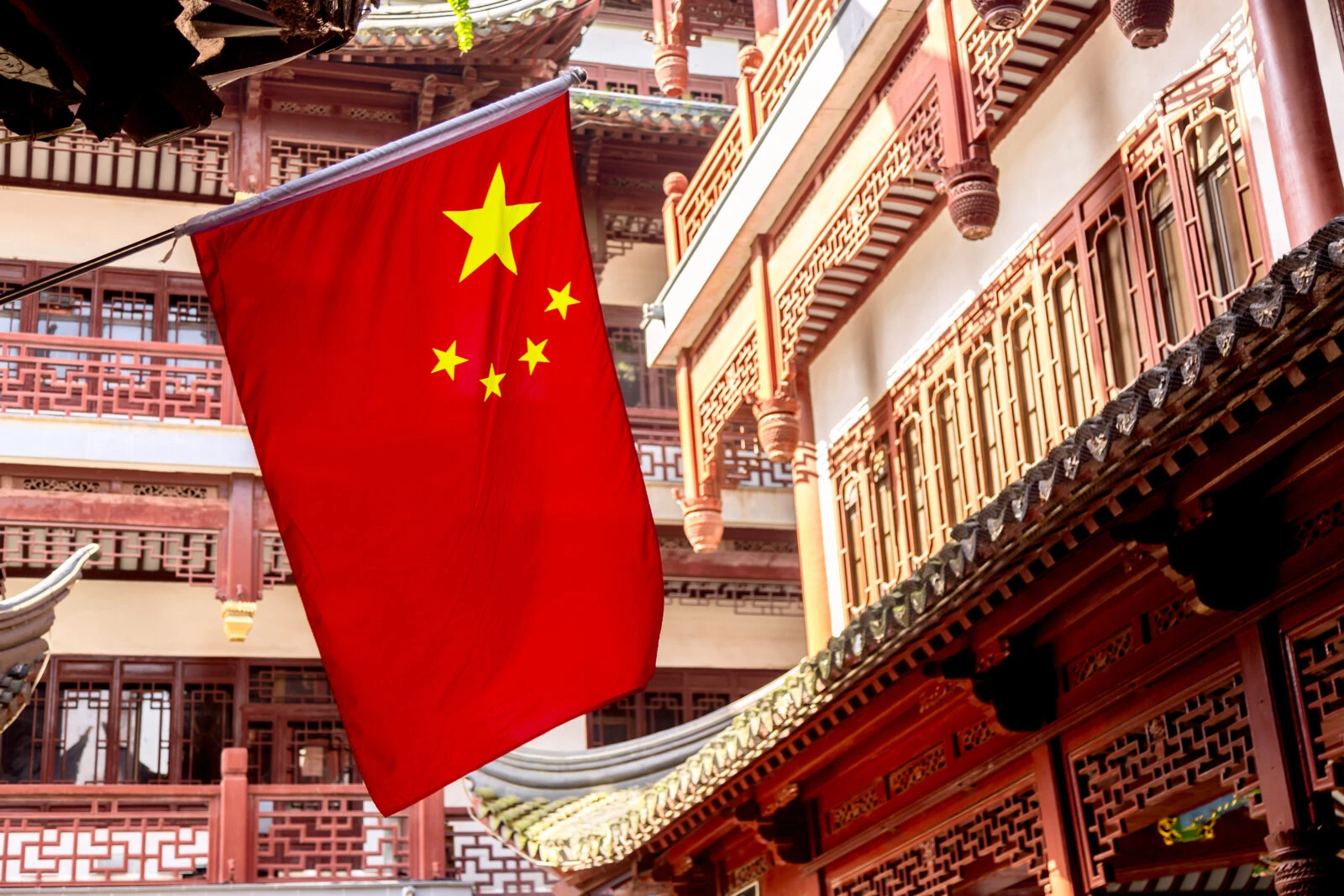
India’s growing influence operations
The commission named India as “the second most active country” targeting Canada with electoral foreign interference, highlighting disinformation campaigns following then-Prime Minister Justin Trudeau’s announcement that Canada suspected Indian involvement in the killing of Sikh activist Hardeep Singh Nijjar in British Columbia.
The resulting diplomatic crisis saw both countries expelling each other’s diplomats. Following Nijjar’s assassination, pro-government Indian outlets and social media influencers circulated negative portrayals of Canada, Trudeau, Canadian politicians, and security agencies.
In May 2024, Meta detected another inauthentic network originating from China that used Facebook and Instagram to promote content in English and Hindi about Nijjar’s assassination and Khalistan independence.

Russia and Iran’s potential influence
While the commission found no evidence of Russian interference during the 2021 elections, it noted Russia’s engagement in disinformation related to the Ukraine war and warned that “Canada’s strong support of Ukraine could affect whether Russia tries to influence the next election.”
In September 2024, U.S. and European officials revealed that Canada was targeted by Russia’s Operation Doppelganger, with fake articles attacking Trudeau and the Liberal Party.
The U.S. Department of Justice indicted Canadian-owned company Tenet Media for links to pro-Kremlin disinformation operations.
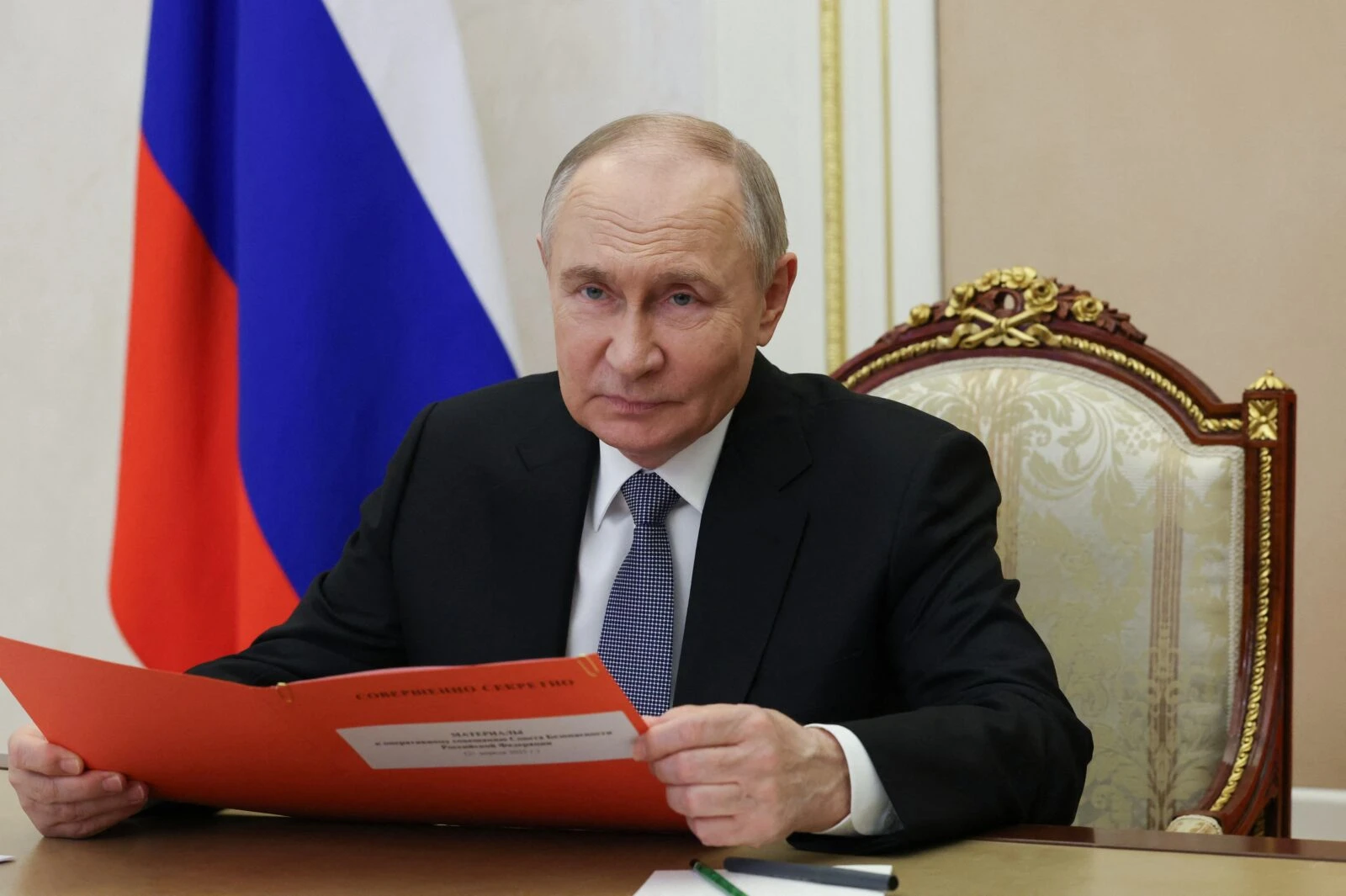
Iran was identified as a less significant threat currently, though the Communications Security Establishment (CSE) assessed that Iran, Russia, and China “will very likely” use AI tools to target Canada before and during the 2025 elections.
Beyond adversarial campaigns, the report notes that allied countries may also engage in foreign influence.
In March 2024, an Israeli marketing firm called STOIC was identified as operating a disinformation campaign targeting Canadians with Islamophobic content. According to the New York Times, this campaign was funded by an Israeli government ministry.

AI-generated content amplifies threat
The commission highlighted the growing challenge posed by generative artificial intelligence, warning that synthetic media enables malign actors to create large quantities of misleading content that complicates detection efforts.
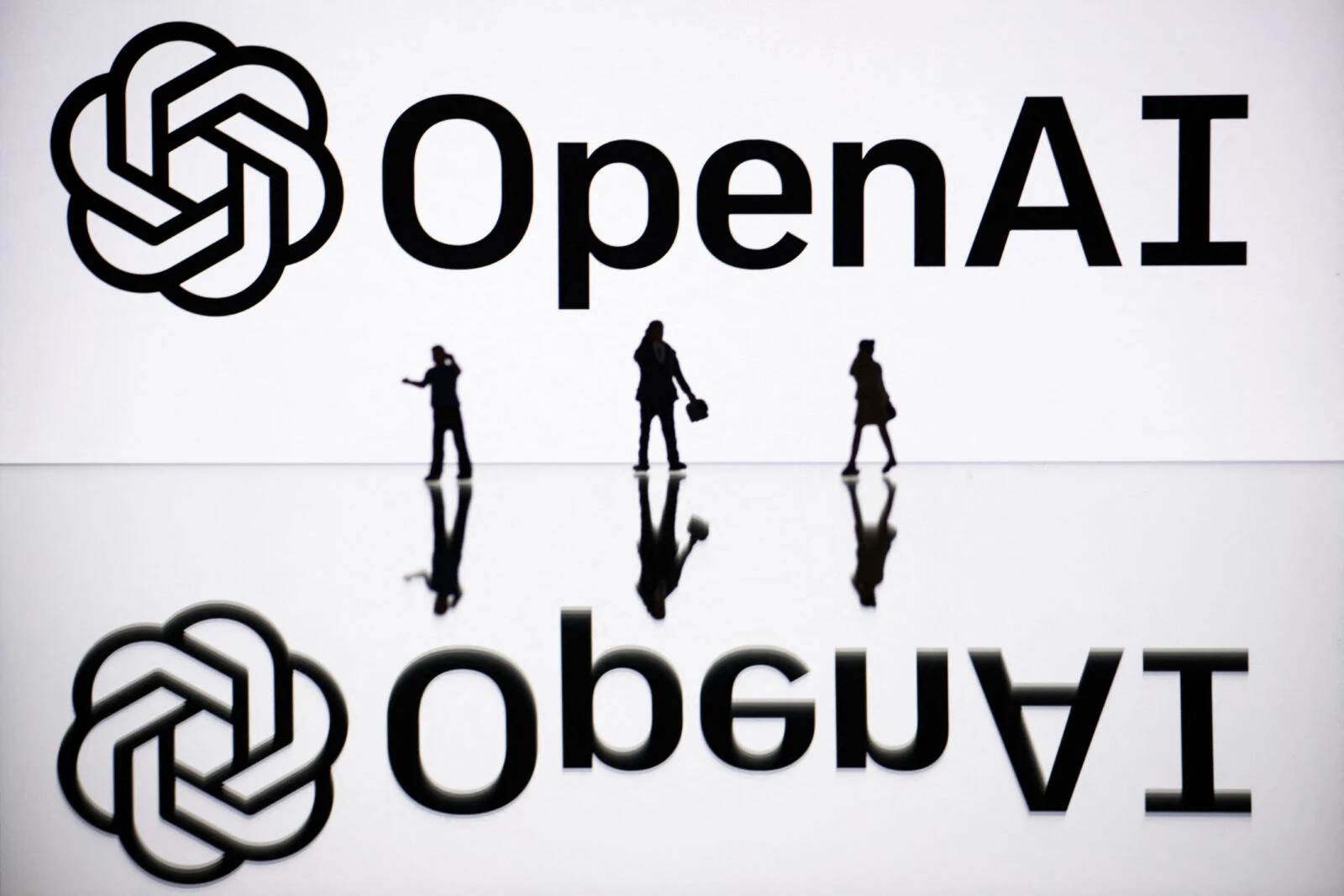
Canadian security agencies have warned about the threat of deepfakes in cyber warfare and covert operations designed to sway public opinion. The commission noted the increasing accessibility and use of AI-generated content in influence operations targeting Canada.
Recently, when Mark Carney was appointed as the Liberal Party’s new leader, synthetic AI-generated images proliferated under the trending hashtag #CarneyLies, which received over 100 million views on X between February and March 2025.
“Foreign interference will never be fully eradicated, and it will always be necessary to counter it,” Hogue asserted in the report, emphasizing that while Canada’s electoral outcomes have largely remained unaffected by foreign interference, the pervasive threat of disinformation—now amplified by generative AI—poses a significant long-term risk to democratic institutions.
As Canada approaches its 2025 federal elections, the CSE describes the country as “an attractive target to foreign actors,” presenting ongoing challenges for monitoring and defense strategies in an evolving digital landscape.

